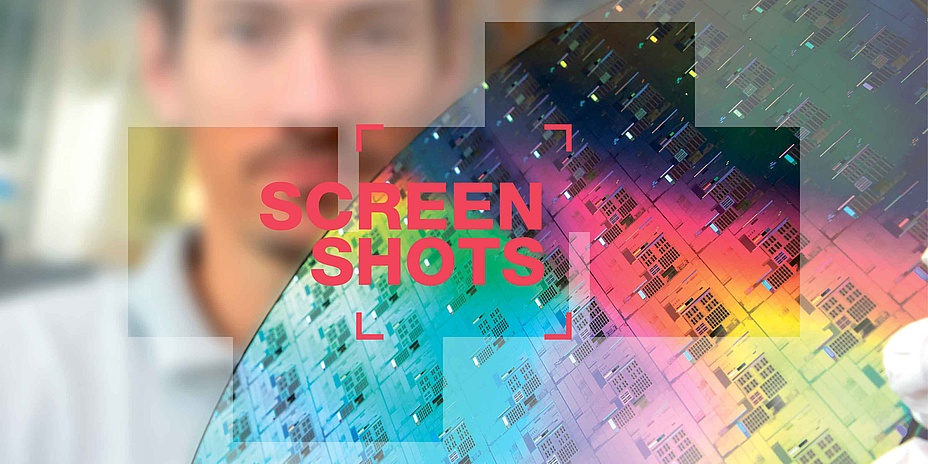Albert Einstein is said to have given such incomprehensible lectures during his time at ETH Zurich that the students didn’t attend. Is it possible to explain physics simply and without much knowledge of formulas?
Gernot Pottlacher: Yes, it is possible, my team and I do it every year in my Christmas lecture.
Then please explain to us briefly and simply: what exactly keeps us afloat on water?
Gernot Pottlacher: The first thing we need is buoyancy. This occurs when the volume of the body displaces the water. A heavy ship can float because it has relatively little metal volume compared to the total volume. So, the volume of water that is displaced determines the buoyancy. And if that is the case, the object can float. Secondly, the object being buoyed up has to have the correct centre of gravity. Let's take a pencil: if I put this upright in water, it will fall over pretty quickly. The equilibrium position is unstable. If you put the pencil crosswise, a stable equilibrium is created. In this way it is possible to sit on a paddleboard on the water. Then the third point is the paddle movement, the so-called conservation of momentum. The same force that I put in the paddle movement backwards propels me forward, as in an aeroplane, where air is whirled through the turbine and expelled at high speed at the back, which makes the plane fly forward (this is what the Bernoulli equation says – explanatory note). When paddling, there is also the conservation of angular momentum.
Please explain.
Gernot Pottlacher: When cycling, you have two gyroscopes (the wheels) that give stability. Such a stabilizing gyroscope is missing on a paddleboard or kayak. In addition, there are also waves, currents and stones that make the kayak unstable. A kayaker must therefore master the Eskimo roll, so that if he capsizes he keeps turning and comes back up again. To prevent capsizing, the Polynesians have given their boats, their dugout canoes, a jib so that they are more stable in the water and do not roll.
What happens when the human body is added?
Gernot Pottlacher: Then the centre of gravity shifts upwards and the system is no longer as balanced. This means that athletes have to keep their balance. The body must now feel what it has to do: cushioning with the knees, making balancing movements with the paddle or sitting or lying down so that the centre of gravity is lowered.
Does the human body have something like a physical knowledge that it automatically does the right thing?
Gernot Pottlacher: Some people more, others less. You can train it. Practice makes perfect.
As a physicist, can you see that someone will fall from a kayak or boat into the water before others do?
Gernot Pottlacher: I think so. This is similar to a car that is going too fast, where you can tell just by looking at it that it won’t stay in the curve.
Would we have fewer problems in the world if we knew more about physics?
Gernot Pottlacher: I would say wherever technology is involved, a better knowledge of physics would certainly help us.
Why is so much in physics difficult to imagine, for example, that the universe is infinite?
Gernot Pottlacher: Infinite in terms of space or time? Both are difficult to imagine. But everything is relative. Five minutes can be infinitely long when you’re waiting for an ambulance with a person having a heart attack, and infinitely short when you’re busy having fun. Also for me the speed of light is a relatively incomprehensible value. This is also due to the fact that we never reach these speed ranges (light travels at 300,000 kilometres per second – explanatory note).
How do physicists of the Middle Ages differ from those of the 21st century?
Gernot Pottlacher: Leonardo da Vinci was a universal genius, people like him held the entire knowledge of the world in their minds. Today there is an infinite amount of knowledge over which it is impossible to maintain an overview. Instead, what counts today is "Scio me nihil scire" – "I know that I know nothing."
What opportunities do physics students have on the job market today?
Gernot Pottlacher: Universal genius opportunities! (Laughing) physicists are in all kinds of positions. In insurance companies, they calculate probabilities or what will happen with corona, they make projections for elections, many are in management because physicists are good team players.

